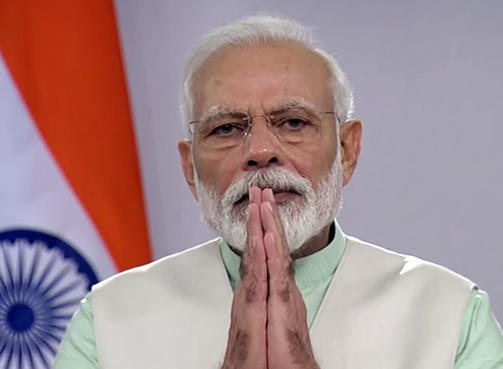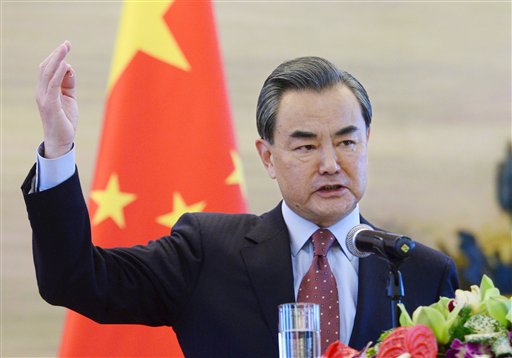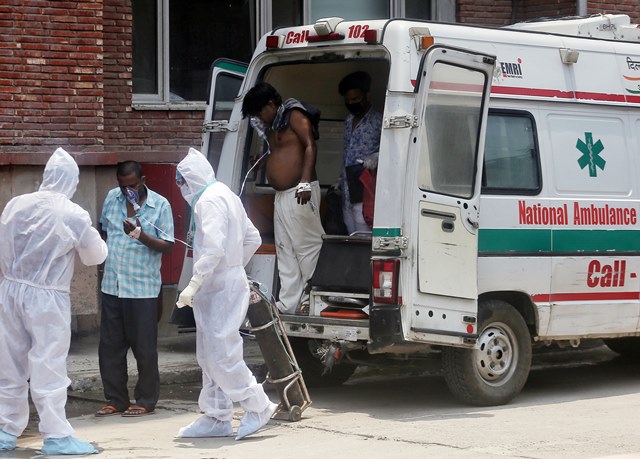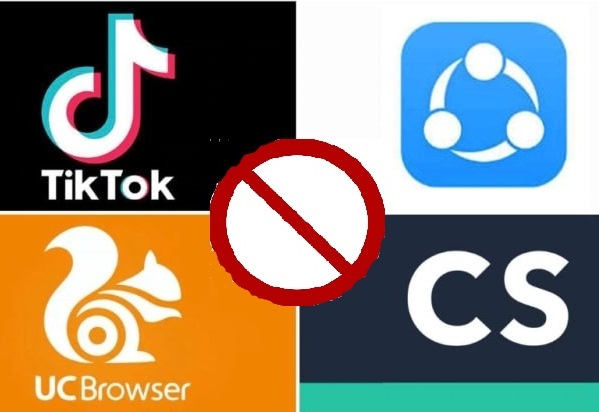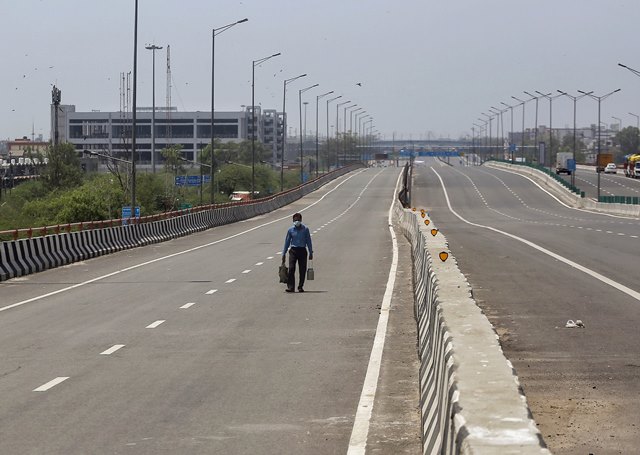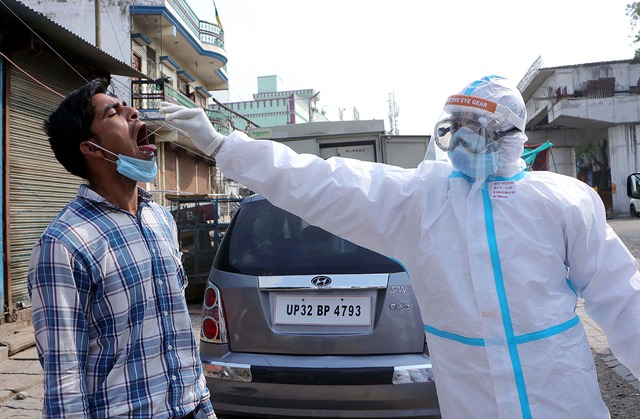With a spike of 18,522 new cases in 24 hours, India’s COVID-19 count on Tuesday reached 5,66,840, according to the Union Ministry of Health and Family Welfare.
As per the ministry, 418 deaths due to COVID-19 were reported in last 24 hours. The number of deaths in the country now stands at 16,893.
There are 2,15,125 active coronavirus cases in the country while the number of cured/discharged patients stands at 3,34,821 and one patient migrated.
Till date, there are 1,19,696 more recovered patients than COVID-19 active cases. This has resulted in the recovery rate amongst COVID-19 patients further improving to 59.07 per cent. During the last 24 hours, a total of 13,099 COVID-19 patients have been cured.
India now has 1049 diagnostic labs dedicated to COVID-19. These include 761 labs in the government sector and 288 private labs, the Ministry said.
Maharashtra continues to remain worst-affected state with regard to the COVID-19 cases. As many as 245 deaths and 4878 new COVID-19 positive cases were reported in the state on Tuesday.
Out of 245 deaths, 95 occurred in the last 48 hours and 150 from the previous period. The total number of cases in the state has now reached 1,74,761, including 75,979 active cases, as per the latest update by the State Health Department.
The Maharashtra government had earlier extended the lockdown imposed as a precautionary measure to contain the spread of COVID-19 till July 31.
In Tamil Nadu, 3,943 new positive cases and 60 deaths were reported on Tuesday. Total number of cases in the state has increased to 90,167 including 38,889 active cases, 50,074 discharged cases and 1,201 deaths.
Delhi’s COVID-19 count reached 87,360 on Tuesday after 2,199 new cases were recorded. Out of the total cases, 26,270 are active, 58,348 have been cured/discharged/migrated and 2,742 have died.
As many as 620 new cases and 20 deaths have been reported in Gujarat in the last 24 hours. State tally has increased to 32,446, including 23,670 cured/discharged and 1,848 deaths, as per the State Health Department.
Jharkhand’s tally has reached 2,490 after 60 new positive cases and 35 recoveries were reported today. Out of the total number of cases, 591 are active, 1,884 have recovered and 15 have died.
In Haryana, 338 new cases were recorded today, taking the total number of cases in the state to 14,548. The death toll reached 236 after four deaths were reported today, the Haryana Health Department stated.
Goa also witnessed 64 new cases today, taking the total number of positive cases in the state to 1,315, including 716 active cases, three deaths and 596 recoveries. Telangana saw 945 new cases today. Total number of cases in the state is now at 16,339, including 8,785 active cases, 7,294 discharged and 260 deaths.
While in Jammu and Kashmir, 260 new cases were seen today – 32 from Jammu division and 228 from Kashmir division. Total number of cases in the Union Territory now stands at 7,497, including 2,674 actives cases, 4,722 recoveries and 101 deaths.
On the other hand, Rajasthan recorded 354 new positive cases and eight deaths till 8:30 pm today. Total number of positive cases now stand at 18,014 in the state, including 3,381 active cases and 413 deaths.
Meanwhile, West Bengal saw a spike of 652 new cases and 15 deaths today. Total number of cases in the state has increased to 18,559 and death toll is at 668.
Punjab witnessed 150 new cases and six deaths on Tuesday, taking the total number of cases to 5,568 and death toll to 144. While, Karnataka saw 947 new cases, including 503 cases from Bengaluru Urban, taking the total number of cases to 15,242. Death toll has jumped to 246 after 20 deaths were reported today.
Kerala Health Department informed that 131 persons tested positive for COVID-19 in the state today. Number of active cases now stand at 2,112, while 2,304 have recovered till now. On the other hand, 243 patients have recovered today, taking the total number of recoveries to 5189 in Odisha. Total number of COVID-19 positive cases in the state stands at 7,065 including 1844 active case and 25 deaths.
While addressing the nation, Prime Minister Narendra Modi on Tuesday said that negligence in personal and social behaviour has been increasing after `Unlock 1′ on June 1 and noted that there is need to be alert and follow norms as was done during the lockdown to prevent the spread of coronavirus.
“We are entering into Unlock 2. We are also entering into season where cold, cough, fever cases increase. I request citizens to take care of themselves. It is true that if we look at the death rate due to coronavirus, then India is in a better position than many countries of the world. Timely lockdown and other decisions have saved the lives of millions of people in India,” he said.”Since Unlock 1, negligence in personal and social behavior is also increasing. At first, we were very cautious about the mask, about two-yard distancing, washing hands several times a day for 20 seconds. During lockdown, rules were followed seriously. Now the governments, local bodies and citizens need to show alertness in the same manner,” he said.
He also appealed to the local administration to act against those flouting coronavirus lockdown restrictions, imposed to curb the spread of the disease asserting that no one is above the law.
“All those who are not following rules will have to be stopped and made aware of the problem. You have seen in the news that a fine of Rs 13,000 imposed on a Prime Minister because he went to a public place without mask,” he said while referring to the example of Bulgarian Prime Minister Boyko Borissov who was recently fined for not wearing a mask in the public.
Meanwhile, the Drug Controller General of India (DCGI) has also granted permission to Bharat Biotech International Limited (BBIL) to conduct Phase I and II Human clinical trials to develop an indigenous vaccine for COVID-19 — in the name COVAXIN. (ANI)
